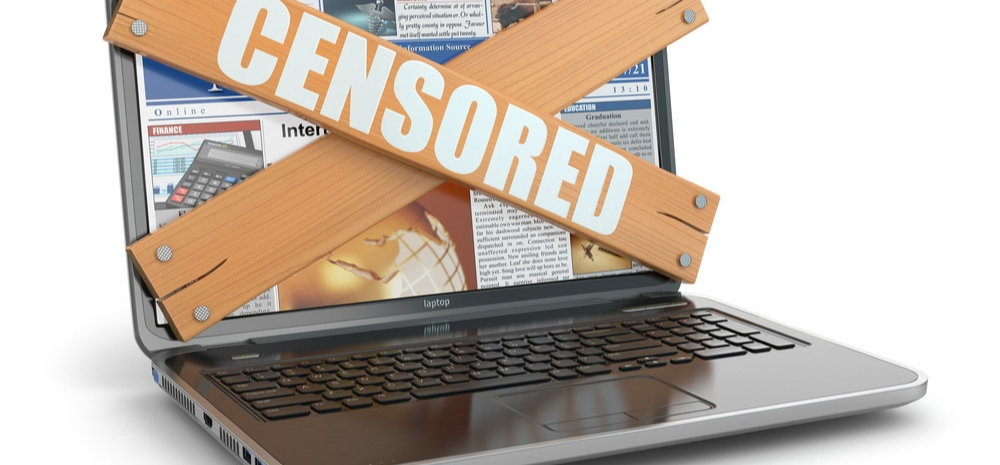A parliamentary committee has recommended the establishment of a Media Council to regulate print, broadcast, and digital media under a single oversight body. This proposal, directed at the Ministry of Information and Broadcasting (MIB), aims to streamline media regulation and address challenges arising from technological advancements and media convergence.

The Need for a Unified Media Council
The rapid growth of digital platforms, streaming services, and social media has created regulatory complexities. Presently, digital news platforms fall under the Information Technology (IT) Rules, 2021, while print media is regulated by the Press Council of India. Television content, on the other hand, follows guidelines under the Cable Television Networks Act.
The proposed Media Council would bring all these mediums under one regulatory umbrella, ensuring better enforcement of content standards and ethical guidelines.
Proposed Structure and Functions
According to sources, the government is considering expanding the Press Council of India into a comprehensive Media Council. Key functions of the council may include:
- Content Oversight: Monitoring compliance with content standards for print, broadcast, and digital media.
- Complaint Resolution: Addressing grievances from the public regarding media content.
- Penalties and Takedown Notices: Empowering the council to impose financial penalties and issue takedown notices for content violations.
While the council would operate independently, the government plans to retain emergency powers to block content on grounds of national security and public order.
Integration with Other Ministries
The committee has also suggested merging the Ministry of Information and Broadcasting (MIB) with the Ministry of Electronics and Information Technology (MeitY) and the Department of Telecommunications. This restructuring would ensure cohesive policymaking and enforcement, especially in regulating digital content and OTT platforms.
Impact on Digital News and OTT Platforms
The Broadcasting Services (Regulation) Bill currently under development is expected to further extend regulatory oversight to digital news platforms and streaming services. It may introduce new content codes and formal complaint mechanisms specific to digital media, subjecting platforms to stricter accountability.
Furthermore, the government is evaluating the necessity of extending advertising and content guidelines from the Cable Television Networks Act to digital platforms.
Balancing Regulation and Free Speech
A key concern with the proposed Media Council is its potential impact on free speech. While the council aims to ensure responsible content dissemination, media and civil rights advocates have raised concerns over excessive government control. The balance between content regulation and freedom of expression will remain a focal point of public discourse.
Additionally, content creators and platform operators are expected to monitor compliance more closely to avoid financial penalties and content takedowns.











